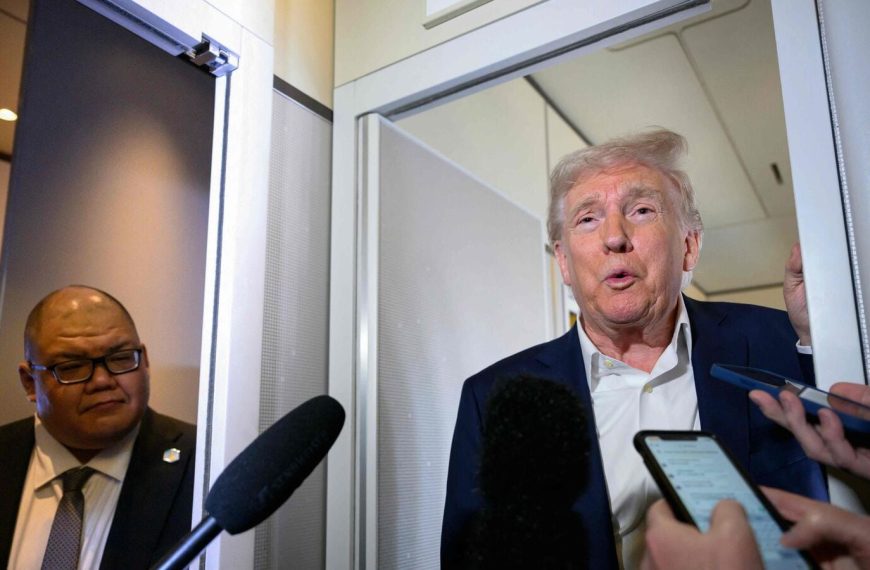In West Palm Beach, Florida, President Donald Trump remains unfazed by business worries regarding his impending tariffs on numerous trading partners. Despite concerns over potential price hikes and the looming threat of a recession this year, Trump is adamant about moving forward with his plan. He recently announced that starting April 2, his strategy for broader “reciprocal” tariffs will take effect, aligning U.S. tariffs with those imposed by other nations.
Trump’s Tariff Strategy Explained
During an interview with Fox News Channel’s “Sunday Morning Futures,” Trump stated, “From April 2nd onward, it will be entirely reciprocal. What they charge us, we charge them.” This clear stance signals a significant shift in the U.S. trade policy landscape.
- Economic Concerns: The Atlanta Federal Reserve has projected a possible economic slowdown in the first quarter. Trump acknowledged that his tariffs might influence U.S. growth but remained optimistic about the long-term benefits. “There’s a transition period because what we’re doing is very substantial,” he remarked, emphasizing that time is needed for these changes to take effect.
Market Reactions and Business Impact
Last week, Wall Street experienced considerable volatility driven by fears surrounding the economy and the uncertainty of Trump’s tariff policies. Many businesses are seeking stability as they navigate their investment decisions.
Trump dismissed these concerns, asserting that for years, “the big globalists have been taking advantage of the United States.” He framed his tariff plan as a way to reclaim fairness for American industries.
- Potential for Increased Tariffs: The president hinted at the possibility of future tariff increases, stating, “The tariffs could go up over time, but I’m not sure about predictability.”
Upcoming Tariff Changes
Recently, Trump lifted tariffs on American car manufacturers from Mexico and Canada, while maintaining tariffs on goods from China. New tariffs are set to roll out soon, with Commerce Secretary Howard Lutnick confirming that 25% tariffs on steel and aluminum imports will be enacted on Wednesday. However, tariffs on Canadian dairy and lumber will be postponed until April.
Lutnick acknowledged that while these tariffs could lead to increased prices for foreign goods, they would ultimately make American products more affordable. “You’ll be supporting Americans by choosing to buy American-made goods,” he stated.
In conclusion, while President Trump’s tariff policies may introduce short-term economic challenges, his administration is focused on long-term solutions aimed at benefiting American industries. The road ahead may be rocky, but the administration’s goal remains clear: to ensure fair treatment for U.S. businesses in the global market.











